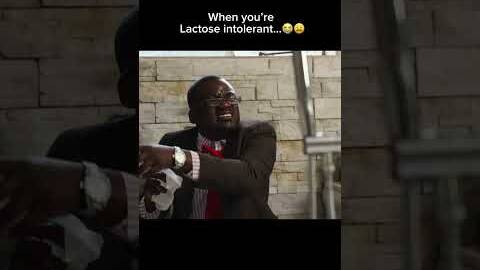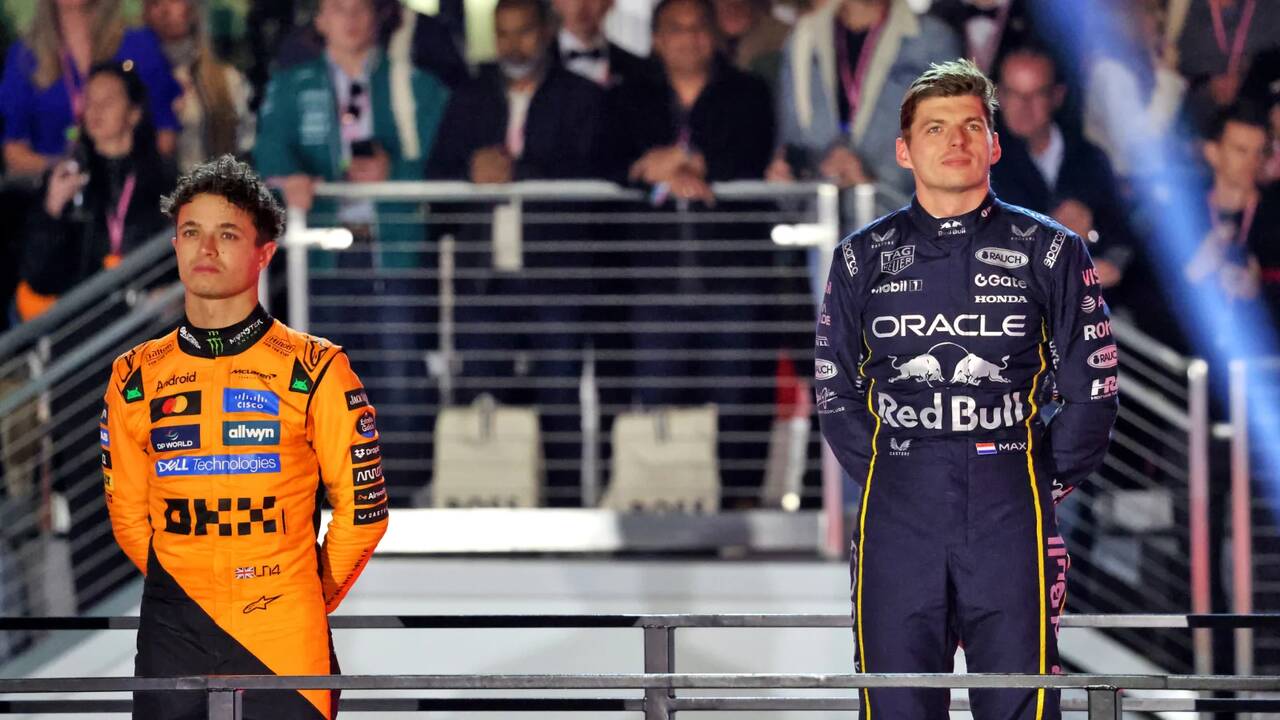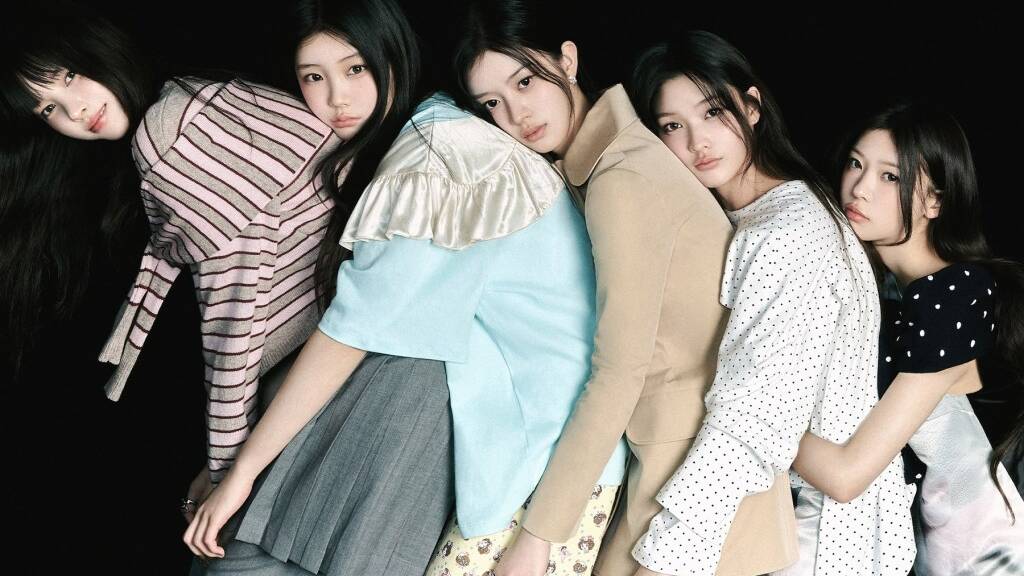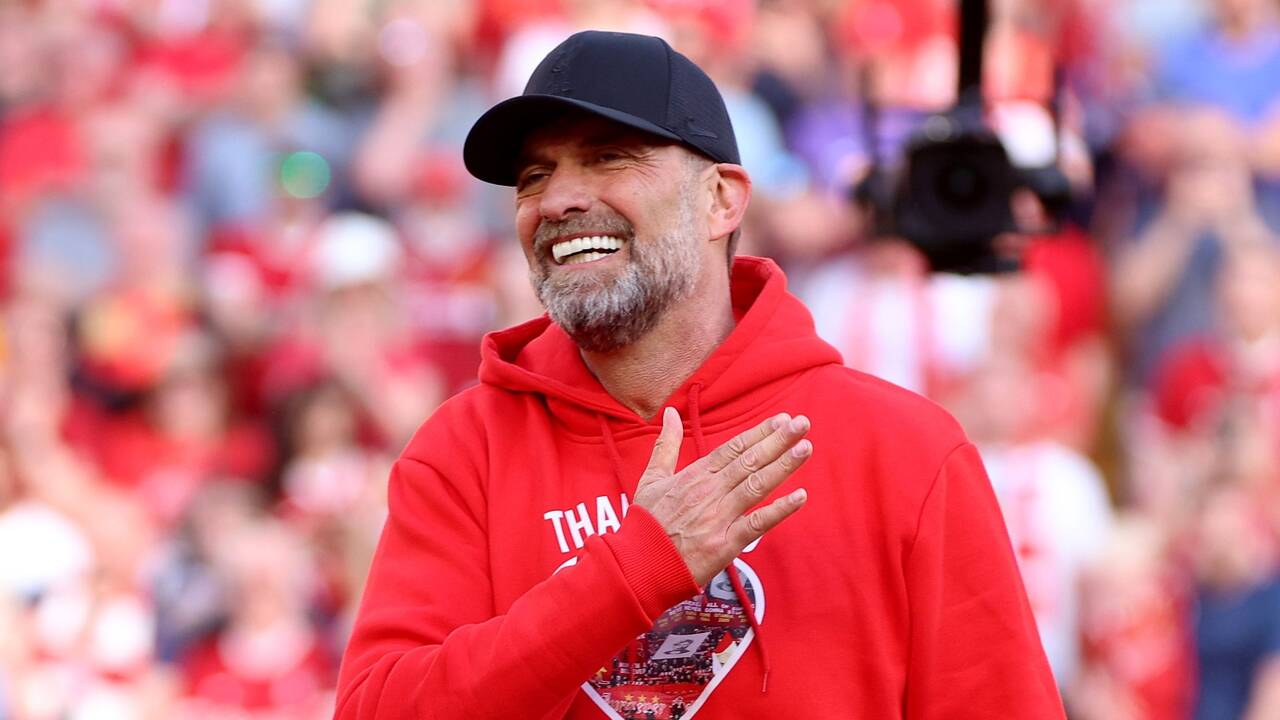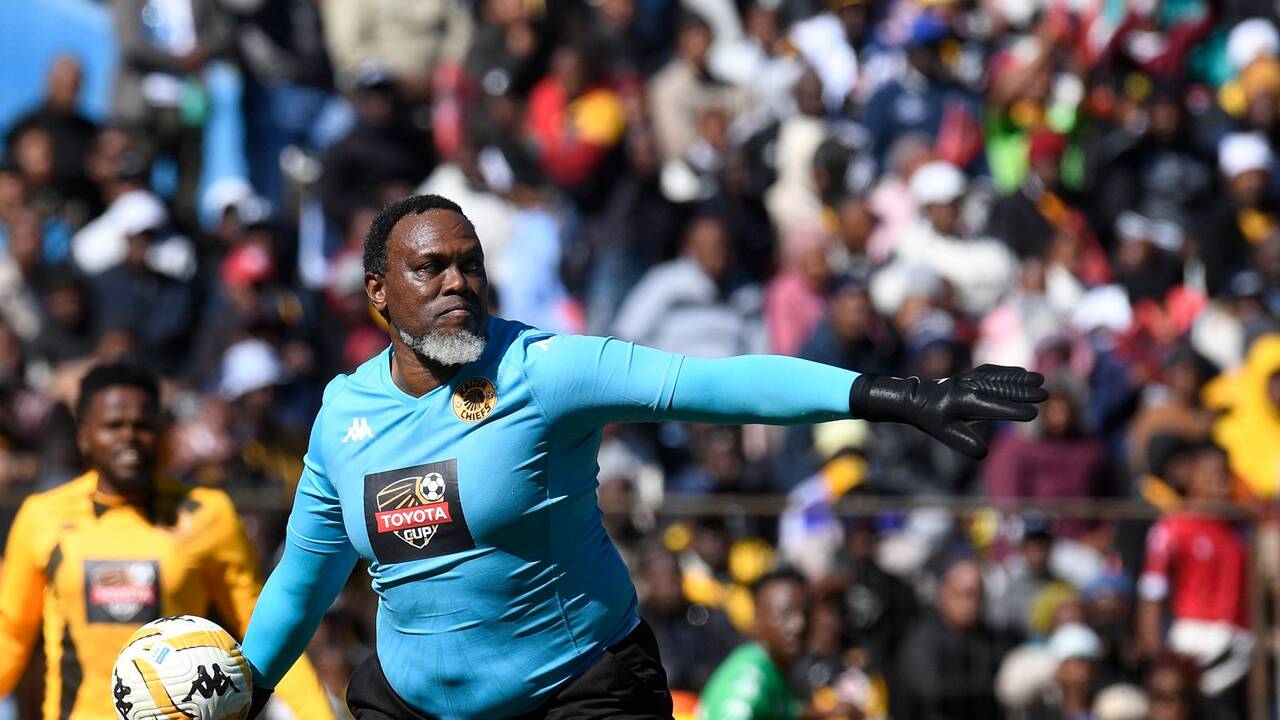The Drop We All Carry: Rethinking Race as Spectrum, Not Binary
Medium | 28.11.2025 00:28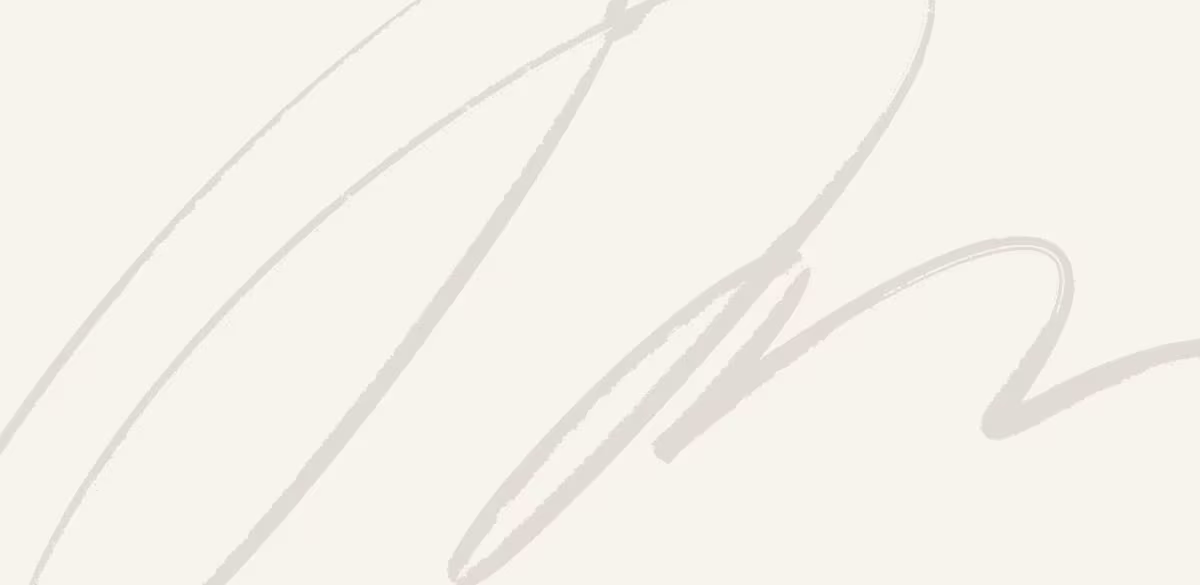
The Drop We All Carry: Rethinking Race as Spectrum, Not Binary
7 min read
·
1 hour ago
--
On Thanksgiving, gratitude, and what it means to belong to each other across the lines we’ve drawn
I sent a Thanksgiving message to my friend Zarzar this morning. He’s a Liberian-American, one of my sergeants from Iraq, and he’d posted something brave on Facebook—naming colorism within his own community, the way light-skinned Black Americans sometimes receive privileges that darker-skinned members don’t.
It takes courage to name the wounds inside your own house.
I wanted to thank him. Not for that post specifically, but for twenty years of friendship, for being one of the people who taught me things I couldn't have learned from books. So I wrote about what Black culture gave me—not as inheritance (I'm a white dude from Ohio with a Serbian grandfather), but as teaching. The swagger. The confidence. The refusal to accept someone else's narrative about who you are.
That came from somewhere. It came from watching, listening, learning.
After I sent it, I sat with a question that's been brewing in me for years: What does it actually mean to be "white"? And why do we keep pretending it's a clear category when anyone who looks at human beings can see it's not?
My Grandfather’s Skin
My maternal grandfather was Serbian. He had darker skin than I do.
This isn't unusual. The Balkans have been a crossroads for millennia—Ottoman Empire, migrations, mixings. "European" contains multitudes. But in America, my family became white. That's what happens. The boundary expands to include whoever needs to be included at the moment, contracts to exclude whoever needs to be excluded.
Irish weren't white. Then they were. Italians weren't white. Then they were. Jews, Greeks, Poles—the story repeats. "White" isn't a biological fact. It's a membership card that gets distributed based on social needs.
So when I say I'm a "white man," I'm using shorthand. I'm saying: I pass. I receive the benefits. I don't get followed in stores. Cops don't reach for their weapons when they see me. I move through the world with a certain ease that others don't have.
But I'm also saying something false. I'm pretending there's a bright line where there isn't one. I'm participating in a fiction that hurts people.
What if we stopped pretending?
The One-Drop Rule, Inverted
Here's a piece of American history that most people know but don't think about enough: the one-drop rule.
For most of American history, any African ancestry—any at all—made you Black. One great-great-great-grandparent. One drop of blood. This wasn't about biology. It was about maintaining a labor force. It was about keeping the boundary tight around whiteness.
The rule was designed to exclude. To maximize who counted as property. To minimize who counted as fully human.
But here's what I've been sitting with: What if we inverted the logic?
Not to erase the specific history of how that rule was weaponized against Black Americans—that history is real and its effects continue. But to ask a different question: What if we all carry a drop of each other?
Genetically, we do. Every human being traces back to Africa. Mitochondrial Eve. We're all cousins, separated by time and geography and the stories we tell about those separations.
Culturally, we do too. American culture is Black culture—the music, the language, the style, the resistance. Hip-hop isn't a "Black thing" that white people borrow. Hip-hop is American, and America is Black, and pretending otherwise is the real appropriation.
What if instead of policing who gets to claim membership in which category, we recognized that the categories themselves are the problem?
Colorism as Rate of Change
Here's where it gets mathematical, but stay with me—this is where it gets useful.
My friend Zarzar named colorism. That's the system of privilege based on skin shade within racial categories—lighter-skinned Black people receiving advantages that darker-skinned Black people don't. It's real, it's documented, it affects income, education, marriage markets, everything.
But here’s what I noticed when I thought about it carefully: what gets policed isn’t just position on the spectrum. It’s rate of change.
Think about it. Historical "passing"—light-skinned Black Americans who lived as white—required more than just light skin. It required geographic movement. You had to leave your community, move somewhere nobody knew your family, and stay there. You weren't just changing your address; you were erasing your rate of change by cutting off everyone who could track it.
Michael Jackson's skin changed dramatically over his lifetime (he had vitiligo, plus treatments). But he never stopped being Black—not in his music, his cultural production, his self-identification. He moved along the phenotype axis while staying still on the cultural axis. The categories proved to be independent.
Rachel Dolezal claimed to move along the racial identity axis without moving along the ancestry axis. And that's what triggered the rejection—not the position she claimed, but the fact that she claimed movement without the historical trajectory to support it.
What we’re actually policing is the derivative—the rate of change over time, both individual and generational.
Too-rapid lightening across generations? Suspicious. Assimilationist. Selling out.
Maintaining or darkening? Authentic. Keeping it real.
We're not protecting fixed categories. We're managing rates of transformation. And once you see that, you can start to ask: Why? And: Does this serve liberation, or just new forms of control?
The Spectrum Is Real
I'm not saying race doesn't matter. It matters enormously. The fiction has real consequences.
What I'm saying is that the binary framing—white/Black, us/them, in/out—obscures more than it reveals. And it prevents the kind of thinking we need to actually heal.
Consider: If race is a spectrum, then everyone has a position on that spectrum. Not just "people of color"—everyone. My position is "light-skinned, European-descended, socially read as white, significantly shaped by Black culture, bonded across racial lines through military service, carrying a Serbian grandfather's darker skin somewhere in my genetic history."
That's more accurate than "white." It's more honest. And it places me in relationship rather than in opposition.
I'm not claiming proximity to Blackness. I'm claiming proximity to humanity, which includes Blackness, which includes whiteness, which includes everything in between and beyond.
The spectrum doesn't erase difference. It contextualizes difference. It makes difference navigable rather than fixed.
What This Means for Healing
Here's what I think we need to do—me, personally, and maybe us, collectively.
At the individual level: Know where you are on the spectrum. Not just the race box you check, but the actual complexity. Who taught you? Who shaped you? What debts do you carry? What did you receive that you didn’t earn?
I received an approach to the world from Black culture. A way of carrying myself. A refusal to shrink. I didn't earn that through suffering. I received it as a gift, through proximity, through mentorship, through culture that was generous enough to teach even when it had every reason not to.
My job is to honor that gift. Not by claiming an identity I don't have, but by acknowledging the debt openly, by pointing toward my teachers, by using whatever platform I have to amplify rather than appropriate.
At the community level: Recognize the intelligence that already exists. Communities under pressure develop sophisticated ways of surviving, coordinating, supporting each other. That intelligence doesn’t disappear when the pressure changes. It can be redirected toward healing.
The same networks that sustained people through oppression can become the architecture for collective recovery. The question is what currency organizes the system. If it's extraction, you get exploitation. If it's recognition and validation, you get healing.
At the generational level: Pay attention to what you transmit. Not just genes—ideas, practices, ways of being. What thought-threads are you weaving into the future?
When I write about what Black culture gave me, I'm transmitting something to whoever reads it. I'm saying: this is possible—cross-racial teaching, gratitude acknowledged openly, debt honored without appropriation. I'm trying to demonstrate that white people can engage with these questions without defensiveness, without claiming more than we've earned, without making it about us.
Whether I succeed is for others to judge. But the attempt matters.
The Symbol That Holds It
🧬
DNA. The double helix. The thing that makes us what we are, that carries information across generations, that braids together everything we've inherited into the unique pattern of who we are right now.
We're all braided together. That's not metaphor—it's biology. Every human population on Earth shares ancestry. The separations are real, but they're recent (in evolutionary time) and they're social (in constructed meaning).
The drop we all carry is the drop of each other. The one-drop rule tried to use that fact to exclude. What if we used it to include?
Not erasing difference. Not pretending history didn't happen. Not claiming experiences we didn't have.
But recognizing that the boundaries we've drawn are choices, and we can make different choices. That the categories we've created are tools, and tools can be used for liberation as well as oppression. That the spectrum is real, and we all have a place on it, and our places are in relation to each other.
A Thanksgiving That Keeps Going
Thanksgiving is complicated. The holiday carries genocide in its origin story, even as it carries genuine gratitude in its practice.
I don't know how to resolve that. I don't think it can be resolved, only held—both things true at once, the gratitude and the grief.
What I do know is that I'm grateful to Zarzar. I'm grateful to everyone who taught me things I couldn't have learned alone. I'm grateful for a world complex enough that a white kid from Ohio can be shaped by Black culture and can acknowledge that shaping openly and can try, however imperfectly, to honor the debt.
The spectrum doesn't end. The conversation doesn't end. The gratitude doesn't end.
We keep going. We keep learning. We keep pointing toward each other.
🧬
Justin is a writer, lawyer, engineer, Iraq War veteran, and founder of the Society for AI Collaboration Studies. He thinks about identity, consciousness, and what it means to belong to each other. He lives with his gratitude and his questions.



